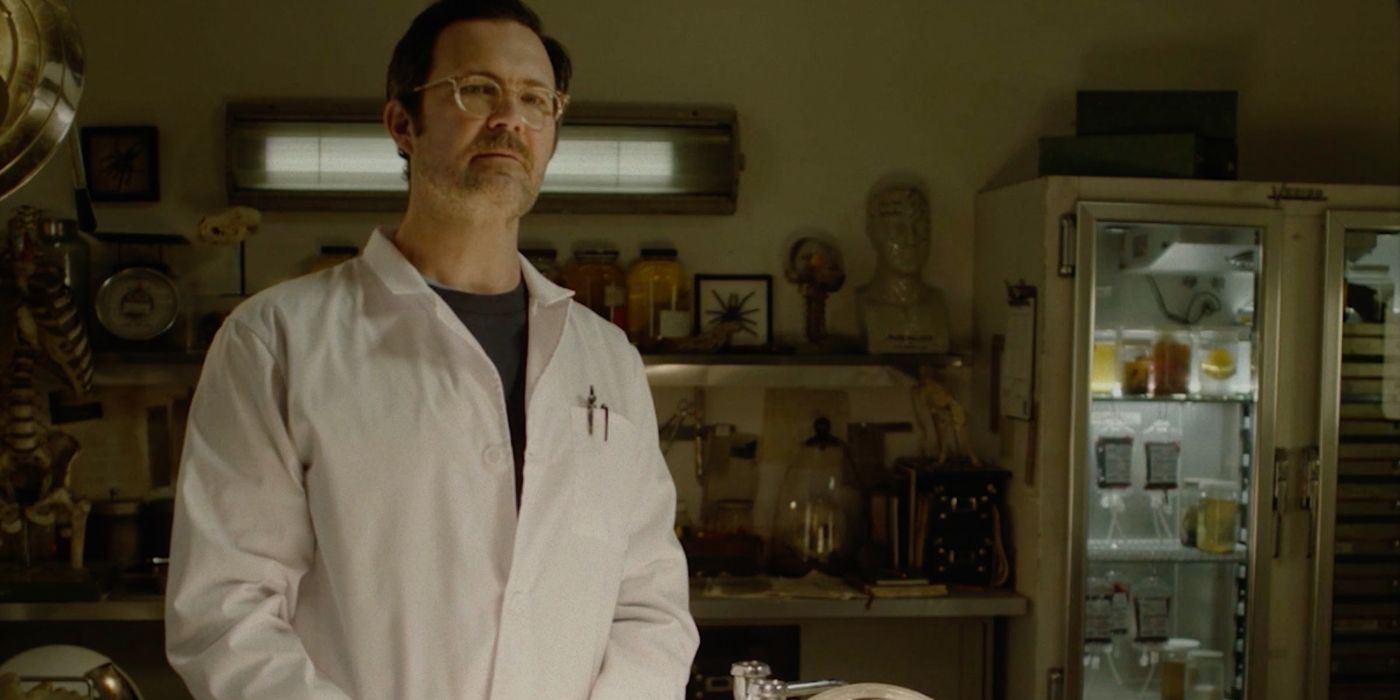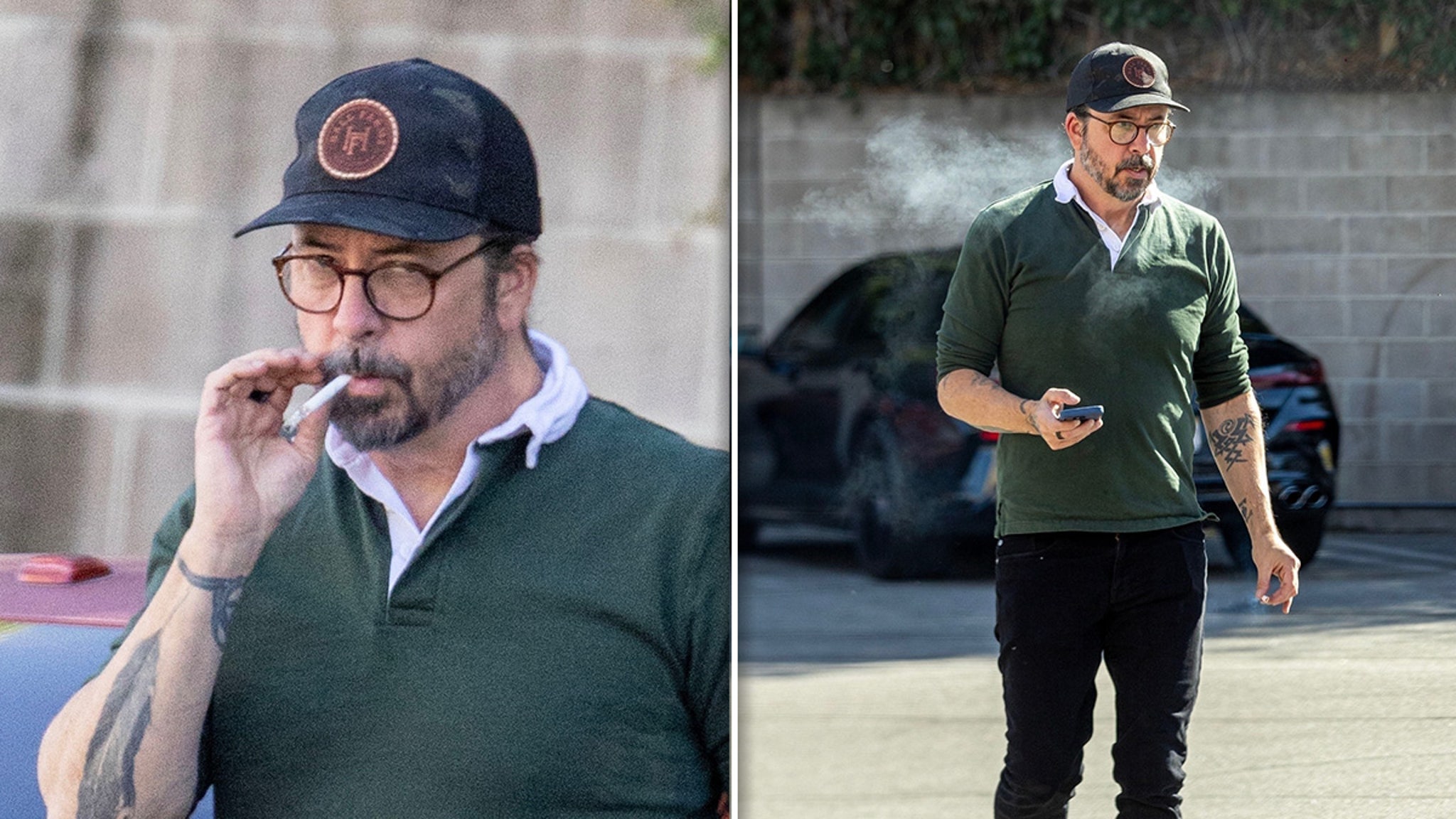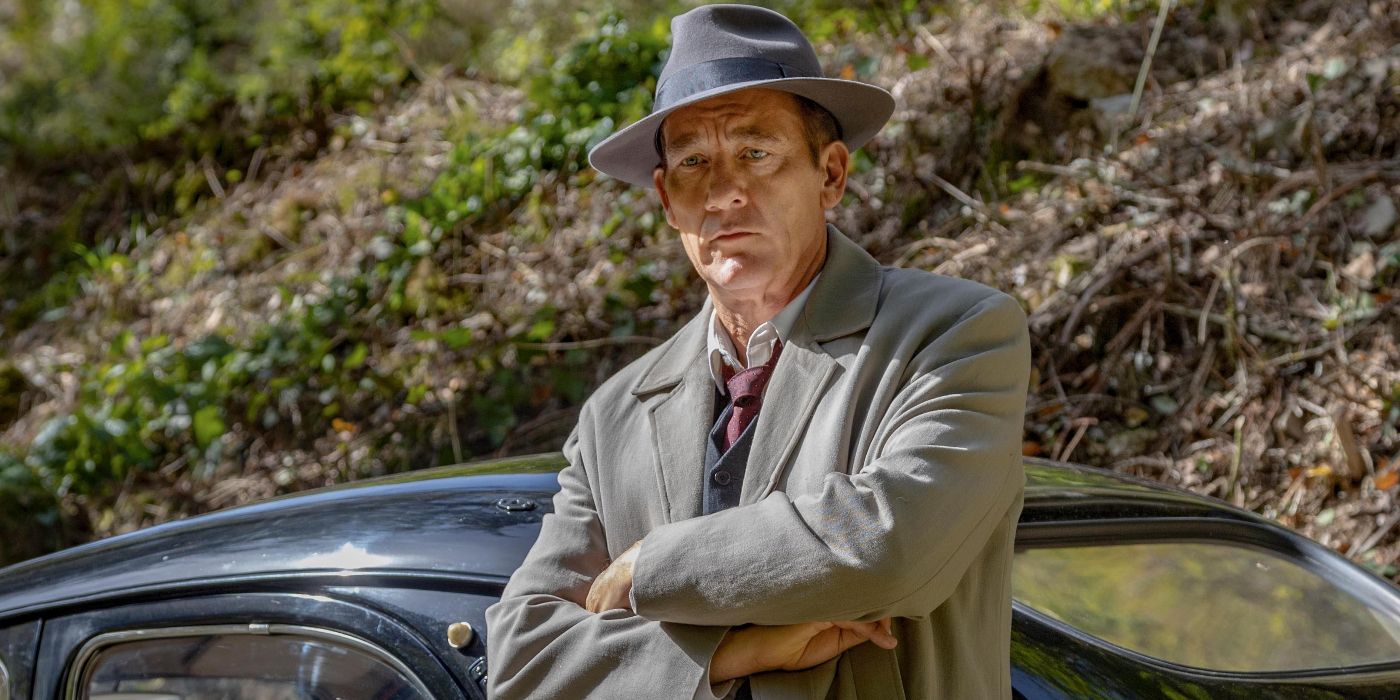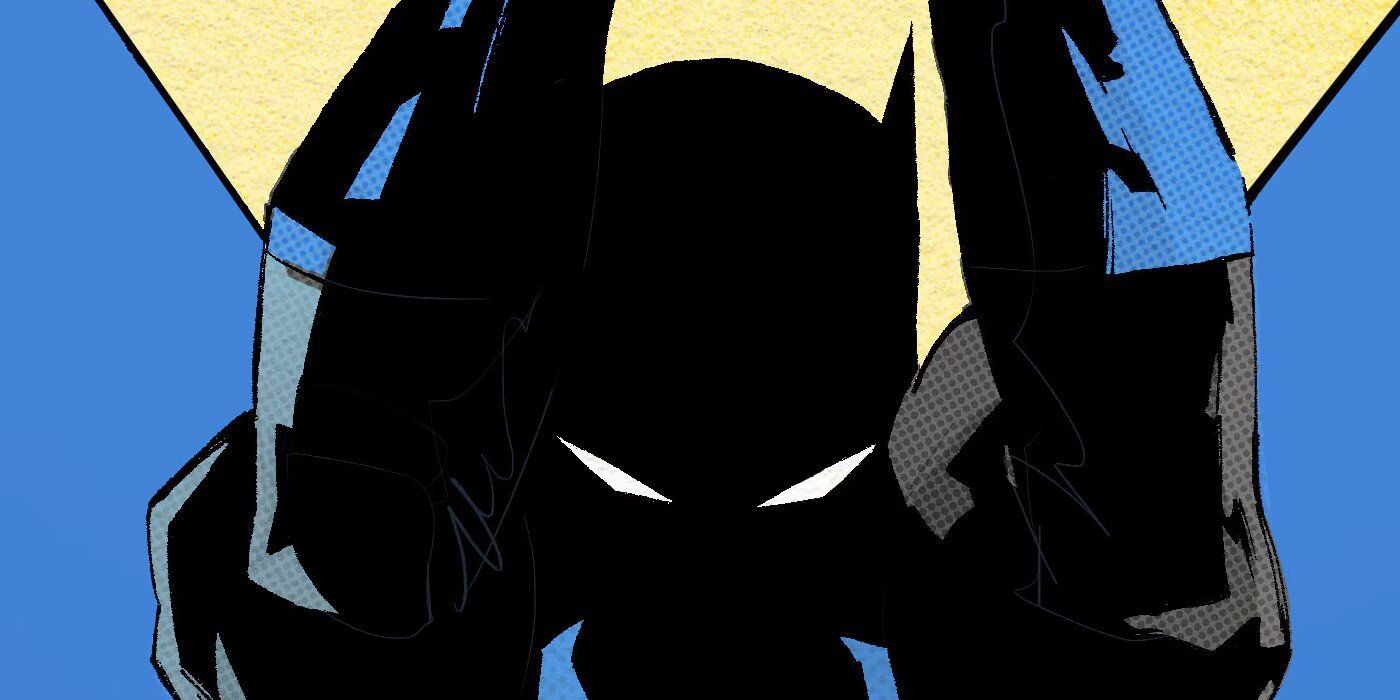Set in Naples during the 1980s, Sorrentino’s movie follows introverted 17-year-old Fabietto Schiesi (Filippo Scotti) as he figures out his identity relative to his horny, embarrassing, and affectionate family members (imagine a cross between “Seduced and Abandoned” and “A Christmas Story”). “The Hand of God” might be Sorrentino’s least ambitious movie—its narrative is shapeless, and its characters and situations often seem familiar enough—but it’s also very accessible and over-stuffed with the sort of crass and romantic details that distinguish Sorrentino’s movies.
It’s easy to imagine that, with “The Hand of God,” Sorrentino challenged himself to make a personal, but unconventional autobiography. You might even reach this conclusion before Fabietto, in later scenes, has a characteristically unsentimental (but grandiose) heart-to-heart talk with filmmaker Antonio Capuano (a real-life mentor for Sorrentino).
“The Hand of God” also has a tip of the cap to the elusive Fellini in a few key scenes, like when older brother Marchino (Marlon Joubert) auditions for an unnamed Fellini film (as an extra). Sorrentino teases Marchino’s immodest ambition in a scene where Fabietto, his stand-in, waits with his brother in an office full of miserable-looking local performers. All of these would-be bit players are waiting to be recognized by the great filmmaker; Sorrentino hints at their character through their acne craters, their tan lines, and their restless body language in such an uncertain moment.
Most of “The Hand of God” concerns Fabietto’s tentative relationship with his parents Saverio and Maria (Toni Servillo and Teresa Saponangelo), the brightest stars in his messy family’s orbit. Sorrentino is also frequently attracted to the little family dramas that surround Fabietto’s relatives, all of whom are, despite their more ennobling moments, too stubborn or dim to be more than happy rubes.
Still, Sorrentino’s prickly, often defensive expressions of affection for his characters’ garish behavior is evident throughout comedic and/or dramatic scenes that are as vividly detailed and uncomfortably tender as Marchino and Fabietto’s pre-audition waiting room scene. That’s the lens through which Sorrentino presents Saverio and Maria. They clearly have affection for each other—and performatively whistle at each other, like love birds—even though they’re also going through a rough patch since, as we learn, Saverio’s having an affair (and it’s not a recent fling).
You can view the original article HERE.




























